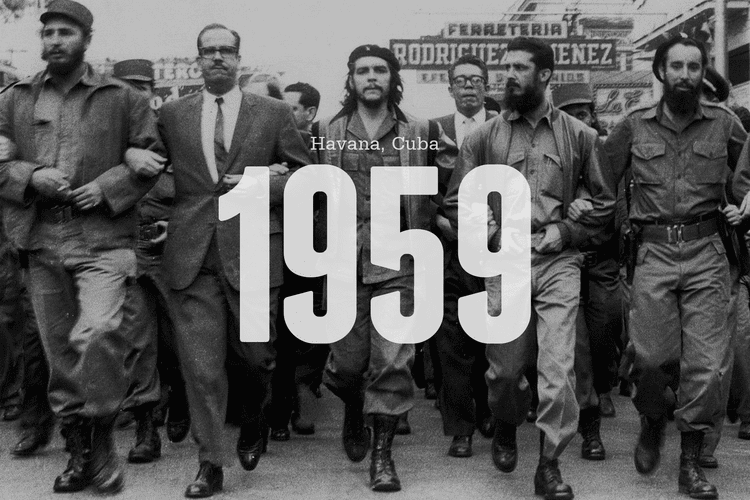The dawn of January 1, 1959, marked an extraordinary turning point in Cuban history. On this day, Fidel Castro’s revolutionary forces achieved a momentous victory that would forever transform the Caribbean nation. Now celebrated as Liberation Day, this annual observance commemorates the sweeping changes that redefined Cuba’s destiny.
The path to liberation began with a daring move on July 26, 1953. A determined group of revolutionaries, led by Fidel Castro and including figures like Che Guevara and Raúl Castro, launched their historic assault on the Moncada Barracks in Santiago de Cuba. Though initially unsuccessful, this bold action sparked a revolutionary spirit that would grow stronger through years of persistent struggle.
The decisive moment came on New Year’s Eve 1958, when Fulgencio Batista fled Cuba, opening the way for Castro’s forces to enter Havana triumphantly on January 1, 1959. This victory set the stage for significant changes in Cuba’s political landscape.
The revolution’s aftermath brought significant changes to Cuba’s international standing. While relations with the United States deteriorated, Cuba forged strong partnerships with the Soviet Union. On February 6, 1960, Cuba and the Soviet Union signed an agreement for the purchase of Cuban sugar and Soviet oil.

Cuba’s influence extended far beyond its borders through remarkable medical diplomacy initiatives. Cuban healthcare professionals earned worldwide recognition for their assistance during international crises, enhancing the nation’s global reputation despite domestic economic challenges.
As Cuba marks the 66th anniversary of the Triumph of the Revolution in 2025, the celebration resonates deeply both at home and abroad. Streets come alive with vibrant military parades, musical performances, and spectacular fireworks displays, reflecting the Cuban people’s enduring pride and resilience.
International leaders have extended their congratulations to Cuba on this occasion. Belarusian President Aleksandr Lukashenko praised the Cuban Revolution as an inspiring example for nations striving for self-determination. He expressed confidence in Cuba’s leadership to ensure the country’s continued development and assured that Minsk remains a steadfast ally, ready to offer support during challenging times.
Similarly, the Custodian of the Two Holy Mosques, King Salman bin Abdulaziz Al Saud of Saudi Arabia, conveyed his best wishes to President Miguel Díaz-Canel, expressing hopes for progress and prosperity for the Cuban people.
Maldives’ Foreign Minister, Dr. Abdulla Khaleel, also sent greetings to his Cuban counterpart, Bruno Eduardo Rodríguez Parrilla. He emphasized the desire to strengthen bilateral and multilateral ties between the Maldives and Cuba in the coming years.
Today, Cuba’s revolutionary spirit remains an integral part of its national identity. The principles of unity and determination that drove the revolution continue to inspire Cubans as they face contemporary challenges.









